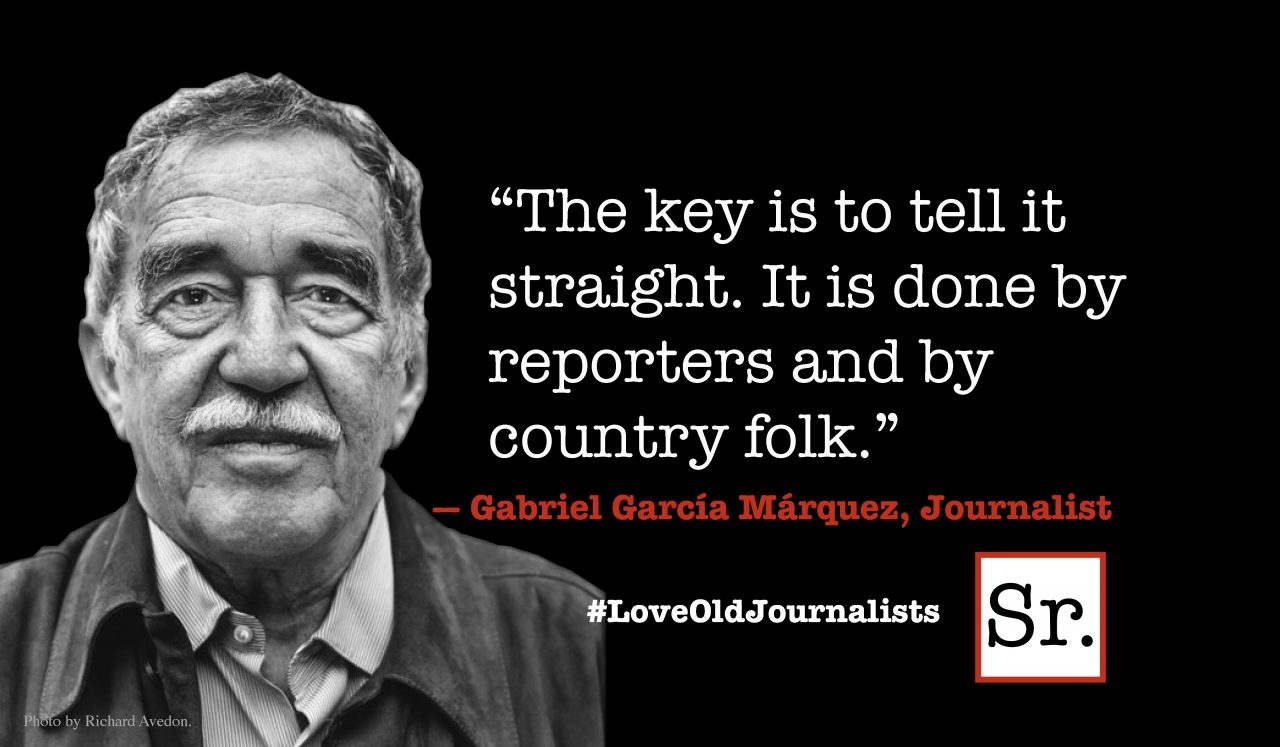It’s pathetic, but sometimes people listen because they’re afraid not to. People often listen to leaders because they must, not because they respect them. What if people couldn’t wait for you to open your mouth?
Seven reasons people don’t listen when you talk:
- You’re negative. No one wants to listen to someone who complains.
- They don’t care. Your message doesn’t matter to them.
- You don’t listen.
- People with power speak first, longest, and interrupt more often. You talk too much.
- You make promises you don’t keep.
- You don’t hold yourself and others accountable. People ignore you because they know you won’t bring it up again.
- You pretend you know when you don’t. Empty words don’t generate enthusiasm.
When people can’t wait for you to stop talking, they already stopped listening.
People exhibit these signs when they are ignoring you:
- Low or no eye contact.
- Fidgety body language. (Look for shuffling feet and other signs of impatience.)
- No responses offered when you’re done talking.
- They want you to think they agree, but really they want you to stop talking. The worst result of talking too much is disengagement.
Five ways to speak so people listen:
- Be awkwardly brief. You’re concerned that people will reach the wrong conclusion, so you cover all the bases. Speak fewer words and invite questions.
- Say, “I don’t want to waste your time with information that doesn’t matter.” Then ask what would you like to ask; what issues did I leave out; what do you need to know?
- Speak with specificity. Weak leaders hide behind generalities. Ambiguity is boring.
- Craft messages that matter to the person listening. Spend more time thinking about your listeners and less thinking about yourself, if you expect to influence them with your words.
- Be solution-oriented and forward-looking.
Say things that make life better for others.









